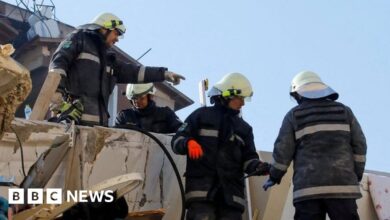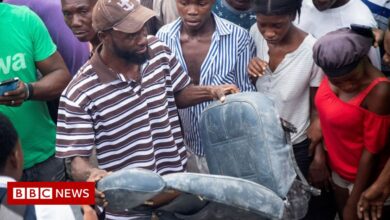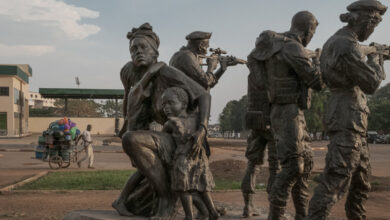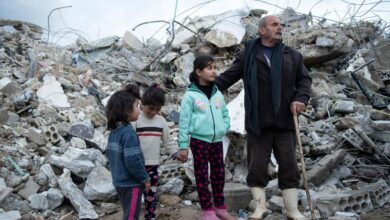Gaza remains at ‘high risk’ of polio virus spread, UN aid groups warn
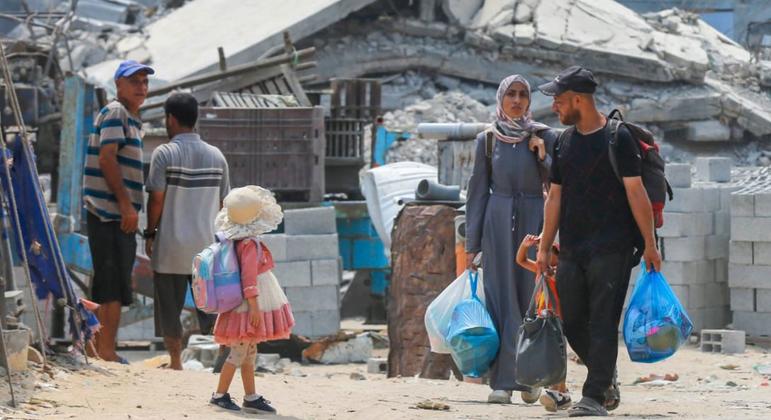

“At least two laps [orally delivered polio vaccine] will need to stop transmission,” World Health Organization (WHO) and the United Nations Children’s Fund (UNICEF) explained in the update.
The development comes after the Global Polio Laboratory Network (GPLN) detected vaccine-derived type 2 poliovirus in wastewater samples collected on June 23 from Khan Younis and Deir al Balah.
Searching for the cause of paralysis
Gaza health authorities reported three cases of paralysis in late July and samples were sent to Jordan for testing. According to WHO, acute flaccid paralysis can have many causes including poliovirus.stressed that results have not yet been released for individuals affected in northern Gaza, Deir al Balah and Khan Younis.
The UN health agency has previously noted that although Gaza had very high polio vaccination rates before the war, months of fighting have created the “perfect environment” for a weakened polio vaccine to mutate into a stronger version, capable of paralyzing those who have not been fully vaccinated.
WHO and UNICEF also expressed concern about any delays in the delivery of polio vaccines and vital cold chain equipment amid ongoing heavy fighting and insecurity in the region – and as regional tensions linked to the war in Gaza threaten further violence.
Appeal for help
Humanitarian pauses “should be made to vaccinate children to reduce the risk of transmission”The UN agencies stressed, after WHO Director-General Tedros Adhanom Ghebreyesus approved the supply of 1.23 million doses of the new oral polio vaccine type 2 (nOPV2) for use in Gaza to vaccinate more than 640,500 children under 10 years of age.
For mass vaccination campaigns to be effective, UN agencies stressed that “safe and sustainable access and protection for health workers is needed,” noting that Only 16 of 36 hospitals are “partially functioning” in Gaza.
Only 48 out of 107 primary health care facilities are still operational.
“Impacts on health systems, insecurity, inaccessibility, population displacement and shortages of medical supplies have contributed to low immunization coverage,” the agency’s update said. “Combined with poor water quality and inadequate sanitation, the risk of vaccine-preventable diseases, including polio and other outbreaks, is increasing.”
In Gaza, routine vaccination coverage against polio dropped from 99% in 2022 to below 90% in the first quarter of 2024, according to WHO and UNICEF.

